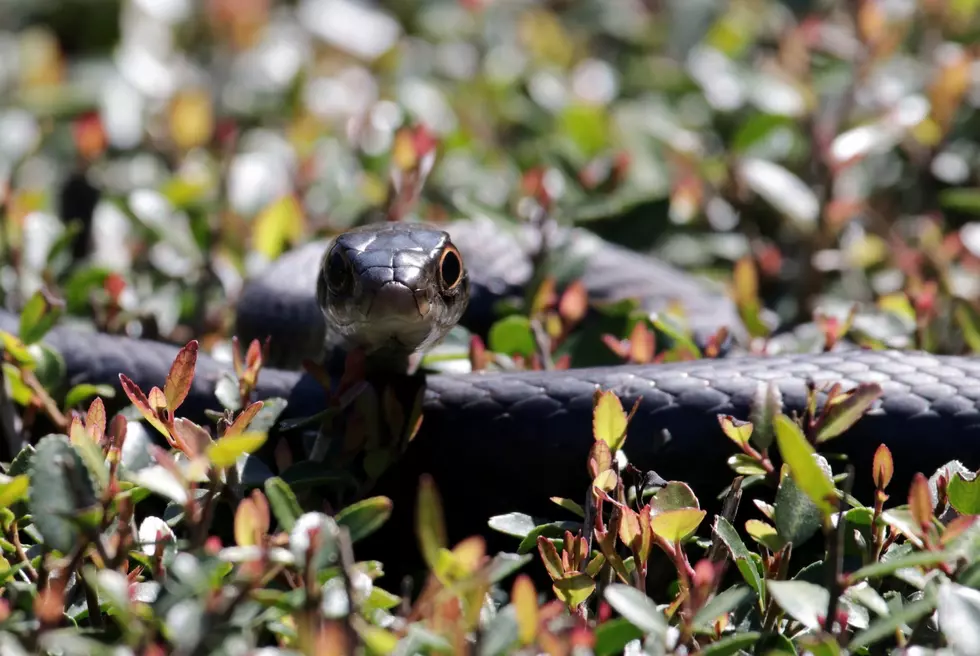
8-Inch Jumping Worms That Can Leap 1 Foot High Are Bad News for New England
Yes, Hollywood could turn this into a horror movie for sure.
Asian jumping worms – also called Alabama jumpers, Jersey wrigglers, and crazy snake worms – wreak havoc (if they haven't already) on our gardens, forests, and the ecosystem as a whole. They're especially detrimental in Maine and New Hampshire, where both states have issued warnings.
Now, there's no worry that these creepy crawlers (which can leap up to one foot in the air) are dangerous to you, according to the USDA. But their destructive nature is ruining your garden and bushes, because their voracious appetites require fuel from jumping, and that fuel is the soil in our gardens and forests.
According to Cornell University, Asian jumping worms are originally from East Asia, hence their name. Since jumping worms live in the soil, we humans help spread them in our mulch, potting mixes, potted plants, and even while raking and blowing leaves.
I've attached a video with info from the Maine Department of Agriculture, Conservation, and Forestry, along with two others at the end of this article. But they're not hard to miss, according to the CT Insider.
When Asian jumping worms jump, there's nothing smooth about it. They thrash around. This is a method to escape predators while they slither around like snakes. The jumping worm also has a prominent cream-colored band around its body, which you can't miss.
They will completely freak most of us out with that foot-high jump into the air, which happens when they're disturbed or feel threatened.
You know you have an infestation if your soil looks like coffee grounds or Grape Nuts cereal, according to CT Insider. You can kill the worms with one or two drops of dish soap dissolved in a gallon of water.
According to the University of New Hampshire, the adults die each winter after laying up to 60 tiny cocoons the size of a mustard seed, which hatch at 50 degrees.
Prevention is the only way to slow the worms down, since there are no chemical or pesticide treatments. Your local nursery can help you out with that.
12 Horror Movies Inspired By Real Events
Gallery Credit: Emma Stefansky


